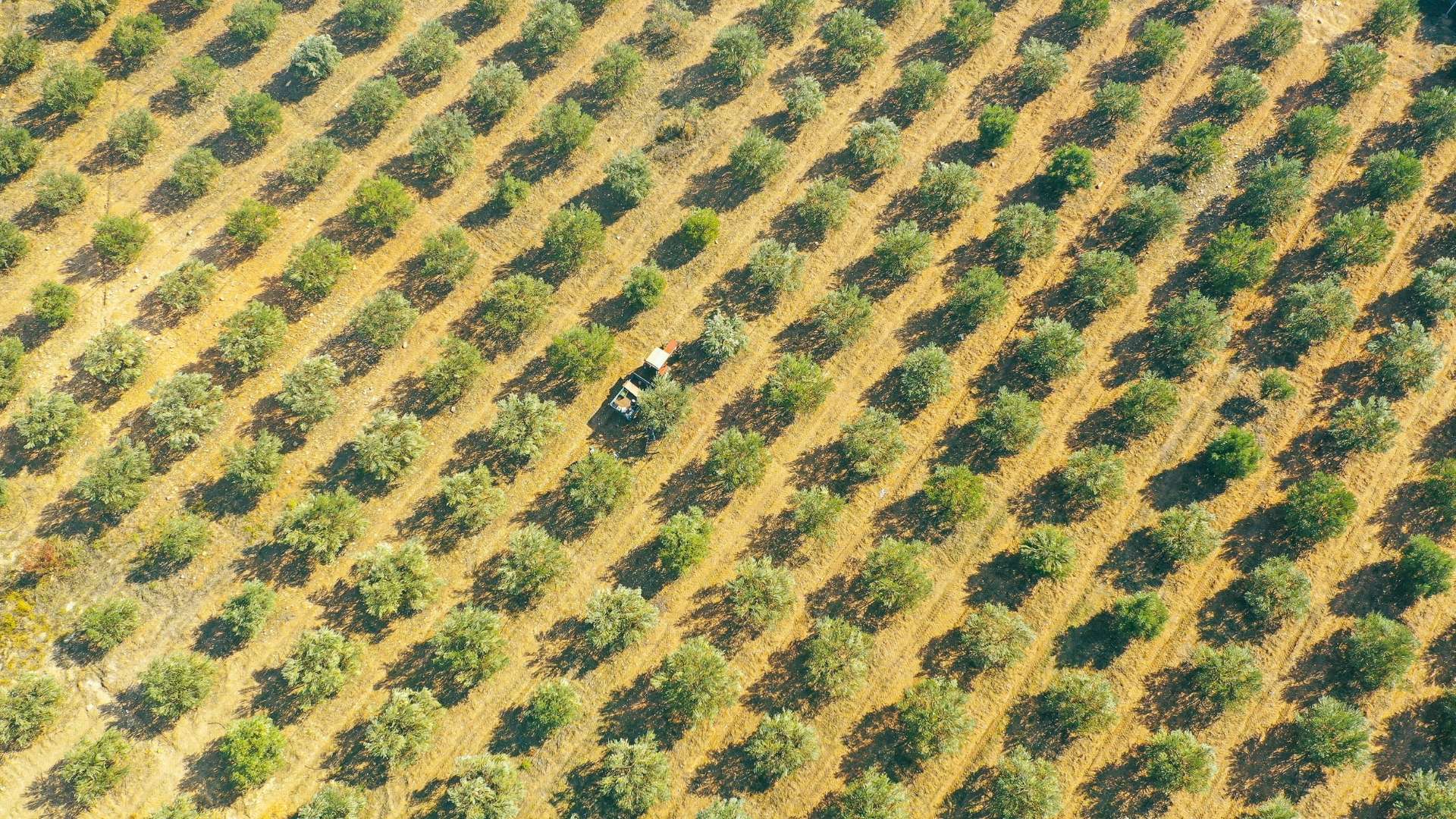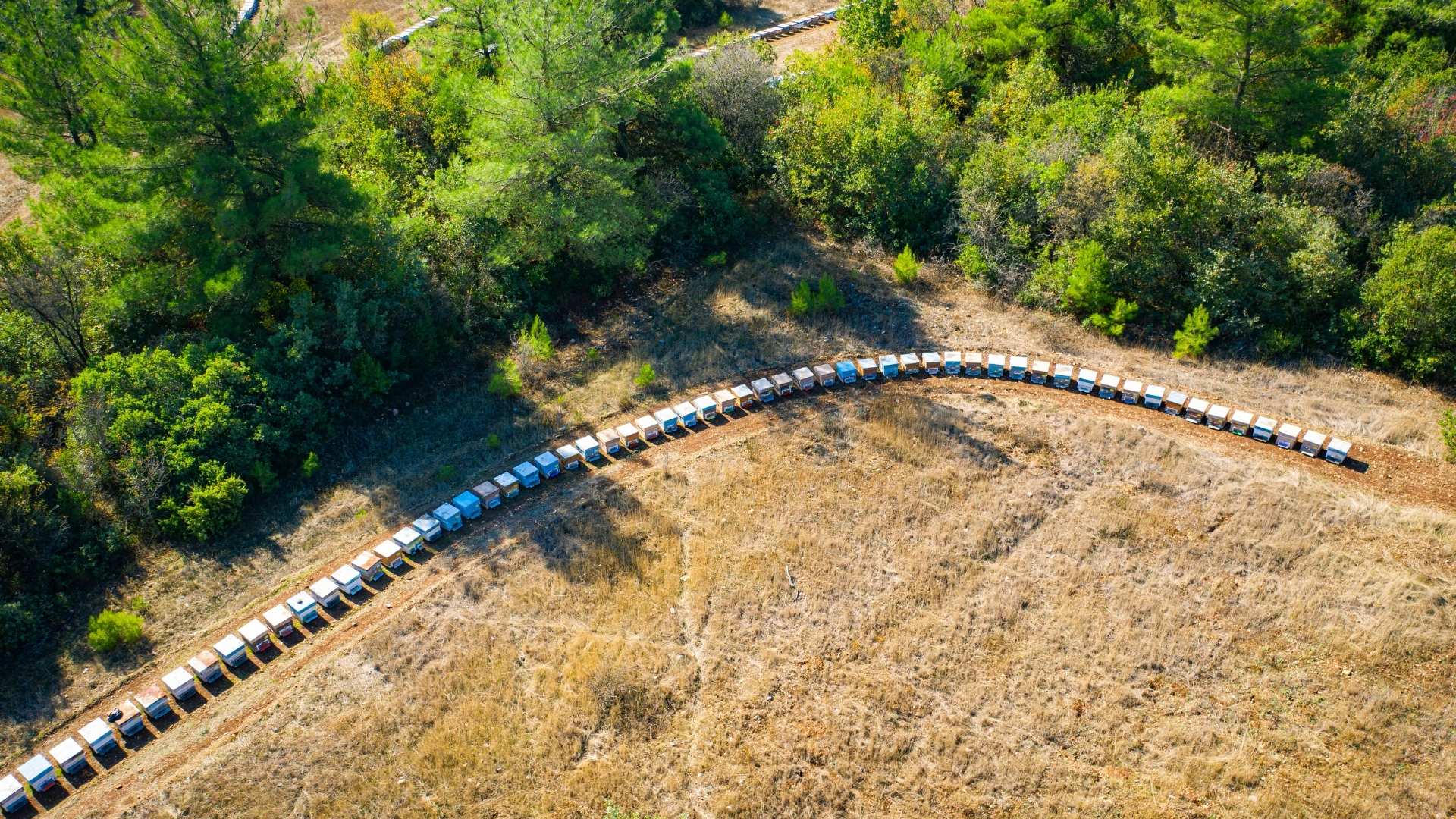
Protect your Wealth with Safe Haven Assets
An investment predicted to hold its value during economic downturns is a safe-haven asset. Since these assets are either uncorrelated or negatively correlated with the overall economy, they might grow in value in the event of a market crisis. Qualities such as liquidity, high demand, historical performance, and limited supply often mark assets as safe-haven.
As an investor, you must decide which safe haven asset is best for the current economic scenario because not all safe havens will possess all of these qualities. You must be clear about what you hope to achieve from safe haven investments because what works well during one market slump may not perform well during another.
The need for Safe Haven Assets
An investor’s portfolio is diversified by safe-haven investments, which is advantageous during market turbulence. The majority of the time, when the market rises or falls, it does so briefly. There are occasions when the market decline is lengthy, such as during an economic recession. The market value of the majority of investments plummets precipitously during market volatility.
Even though such systemic market events are inevitable, some investors look for safe-haven assets that are uncorrelated from or negatively correlated with the general market when times are tough. Safe haven assets either maintain or rise in value, while most assets lose value.
Examples of the Best Safe Haven Assets
Gold
The most widely accepted safe haven asset is gold. Due to its negative correlation with the stock market, gold’s price is expected to increase during a stock market meltdown. As investors occasionally reallocate assets from their portfolio into the gold market, it can also serve as insurance.
Since gold’s value has been stable for many years, trading in it is a standard hedging method. Hedging involves traders adding gold to their portfolios to offset expected losses on current positions.
Foreign Currencies
When there is economic hardship, investors tend to view some countries as the strongest or least likely to present a risk. Examples include the US, Japan, and Switzerland. However, just because a currency has a high value does not automatically make it a safe haven asset. Unsurprisingly, the US dollar (USD) is a safe haven currency, given that the US has the world’s most outstanding economy. It generally has a track record of steady interest and currency exchange rates. Since the USD serves as the world’s reserve currency, it is frequently utilized in international business transactions and is typically unaffected by domestic or global concerns.
In times of crisis, traders frequently opt to take advantage of Switzerland’s low-volatility financial market, neutral state, tax-friendly regulations, and low unemployment rates. Switzerland is a well-known tax haven for the wealthy to store their wealth and is also immune to unfavorable events within the Eurozone due to its independence from the EU.
Government Bonds
Another classic example of a safe-haven asset is a sovereign bond from a developed market. This is due to their reduced realized volatility compared to equities and the issuer’s creditworthiness as a government from a developed market. Bonds issued by governments of developed economies typically enjoy greater investor confidence; US treasury bills are the most widely held. Their reputation as a safe haven is founded on the US government’s credit standing and the high caliber of their revenue in US dollars. Investors view government bonds as risk-free, safe haven assets since they have a reliable income backing them up. Any money invested will be returned in full once it reaches maturity.
Agricultural Real Estate is an Emerging Safe Haven Asset
Demand for agricultural investment opportunities is driven by patterns unaffected by economic cycles, protecting it from the performance of the financial markets and rising as a result of increasing consumption or population expansion. Agricultural real estate is an emerging safe haven asset because of its scarcity and necessity for life, qualities that are difficult to obtain in other assets. In contrast to gold’s variable correlation with equities, farmland’s low correlation with other investments contributes to its excellent performance as a safe haven asset. Agricultural real estate has a low correlation to bonds, stocks, and traditional real estate.
When it comes to fighting inflation, farmland has performed better than gold since 1980. In this period, the value of agricultural real estate and related commodities has increased more than the inflation rate, and the same cannot be said for gold. Most significantly, farmland performs well during market crises, making it a safe haven asset. Furthermore, since demographic shifts are the main factor influencing farmland value, the value of farmland should rise as the population does. Historical data shows that since the 1990s, agricultural real estate values have continuously grown.

Create your Portfolio Safe Haven with Invest4Land
There are enough reasons to be anxious about today’s financial markets. The sector is fragile, there is ongoing global turbulence, and inflation has struck fear in many investors. Many investors are already looking to farmland investment companies to find farmland for sale, reduce the risks associated with price increases, and find an economically robust investment. No one can predict the market; we have seen that most starkly through the pandemic. The most effective strategy is to diversify your investments and prepare for a downturn.
Managed farmland is certainly worthy of consideration as the safe haven asset protecting your portfolio due to its historical long-term low volatility, strong returns, and low correlation to other asset classes. At Invest4Land, we provide access to investment in the agricultural sector with walnut farms in Turkey. Our exceptional managed farmland model allows you to invest in Turkey and safeguard against market turbulence. Are you curious if agricultural real estate is the best safe-haven investment for your portfolio? Keep up to date with our podcast, or get in touch with our investment advisory team.



